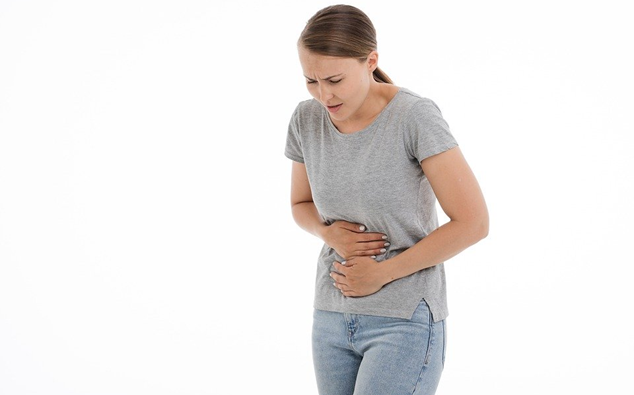Before antibiotics were discovered in the 1900s, bacterial infections were a feared enemy of modern society.
Antibiotics changed everything – saving millions of lives and offering an effective tool to battle deadly infections.
Fast forward to now, and antibiotics, while still incredibly useful, are sadly claiming the lives of our beneficial gut bacteria, which has been linked to uncomfortable side effects such as antibiotic-associated diarrhoea (AAD).
Of course, losing a few gut bacteria to save you from a nasty infection is a no-brainer; however, the loss of beneficial bacteria from multiple courses of antibiotics can cost you so much more over a lifetime.
In fact, losses of good bacteria have been linked to a greater risk of chronic diseases, such as digestive disorders, cardiovascular disease and even mental health symptoms; this is why protecting your gut bacteria is important for good health.
The most important thing when taking antibiotics is managing the loss of good gut bacteria during and after every treatment.
This means having strategies in place to help protect your inner health so that you can deal with AAD and other issues associated with the loss of beneficial gut bacteria.
This comes down to two things: protecting your bacteria when you need to take antibiotics, and, reducing your need for antibiotics.
‘The most important thing when taking antibiotics is managing the loss of good bacteria during and after every treatment.’
Probiotic Protection to Reduce Diarrhoea
A combination of specific probiotic strains (types) can reduce AAD while also helping recover your gut microbiome after antibiotics.
Using scientifically formulated probiotics, such as the Metagenics Ultra Flora Intensive Care (available at Your Wellness Centre), can assist in rebuilding beneficial gut flora (bacteria), and provide some of the most researched bacterial strains that reduce AAD, including Lactobacillus rhamnosus (LGG®) and Saccharomyces cerevisiae (boulardii).
In a nutshell, probiotics can help you restore healthy gut bacteria after antibiotic use, and this can help maintain healthy gut function.
It’s important to note that antibiotics can affect your gut bacteria for up to two weeks after you stop taking them.
Ensuring you take your probiotic from the start of your antibiotic course until a minimum of two weeks after you finish will give your gut bugs the support they need.
To date, these specific strains have been the most successful in preventing AAD.
So, to ensure you are getting the right bang for your hard-earned buck, see a natural health practitioner at Your Wellness Centre to get access to these strains.
‘It’s important to note that antibiotics can affect your gut bacteria for up to two weeks after you stop taking them.
Support Your Immune System to Reduce Your Need for Antibiotics

The World Health Organisation (WHO) has advised us to limit the use of antibiotics to the most essential situations.
This is because using them too frequently or inappropriately can help
infectious bacteria develop resistance to their antibacterial mechanisms, obscuring their efficacy.
For this reason, limiting your chances of needing antibiotics in the first place does the world a huge favour.
Boosting your immunity against infection is the smartest way to reduce your need for antibiotics and curb your risk of related side effects.
Here are our best tips on how to do this:
- Wash your hands frequently with soap and water
- Cough or sneeze into a tissue or into your elbow, and use alcohol-based hand sanitisers
- Try to avoid touching your face, and wash your hands before and after if you do;
- Improve your health with nutrition, better sleep and stress management to avoid getting sick in the first place
- Have a handy natural ‘First Aid’ kit equipped with remedies and natural herbal supplements to limit the severity of an infection.
How to restore your gut after antibiotics
Thanks to modern medicine, we’ve been afforded the freedom to thrive without bacterial infections cutting our lives short.
However, with this comes the responsibility of ensuring that antibiotic therapy is used wisely, by being mindful and modest in how often we use antibiotics.
When you do need them, it is important to support your gut bacteria with probiotics in order to prevent side effects such as AAD (antibiotic-associated diarrhoea).
Chat to a natural health practitioner at Your Wellness Centre to learn more about taking care of your gut for good immune and overall health, today.




